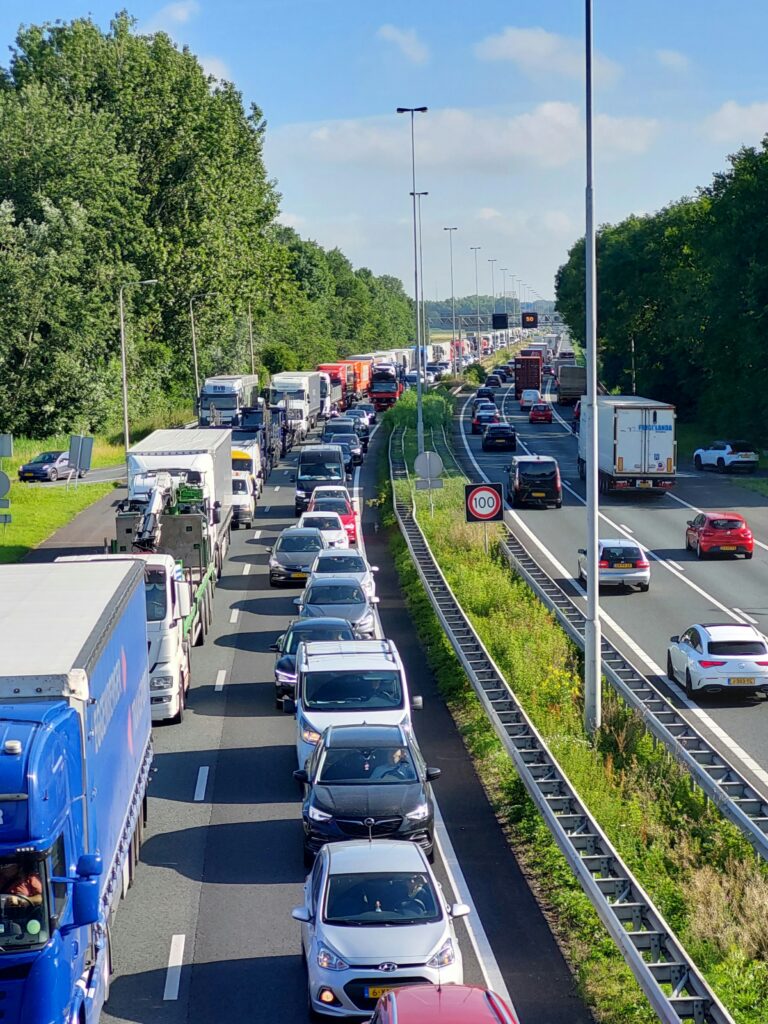Submissions
Submission in response to proposed changes in NZ ETS Regulations 2025
This submission relates to the Ministry for the Environment (MfE) consultation document, Proposed changes to the New Zealand Emissions Trading Scheme (ETS) regulations 2025. In this document the MfE raises a number of specific issues. But we consider that there are also much more important steps that need to be taken so that we can start reducing our emissions at a significantly more rapid rate with the aim of meeting emissions reduction targets set by the IPCC and others.
Read MoreESR Submission to Parliament on Traffic Congestion Charging
ESR made a submission to the Transport and Infrastructure Committee of Parliament on the Land Transport Management
(Time of Use Charging) Amendment Bill 2025 to sensitively support the use of congestion charging in a way that doesn’t penalise the poor
Effect of AM Network closure on disaster communications
Letter to Hon. Mark Mitchell, Minister for Emergency Management and Recovery, on effect of AM network closure on disaster communications
Read MoreSubmission in response to the Crown Minerals Amendment Bill 2024
This submission relates to the Crown Minerals Amendment Bill, on which public submissions opened on 26 September 2024. ESR very strongly recommend that the ban on offshore oil and gas exploration not be removed. Instead, we need to be taking very rapid action to reduce our emissions by moving away from the use of fossil fuels.
Read MoreSubmission in Response to New Zealand’s second emissions reduction plan (ERP2)
This submission relates to information given in the Ministry for the Environment discussion document regarding the currently proposed second plan to reduce New Zealand’s emissions – New Zealand’s second emissions reduction plan, July 2024 (draft ERP2). It also covers other matters relevant to reducing our emissions.
Read MoreSubmission in response to proposed changes to NZ Emissions Trading Regulations 2024
In this submission the primary points we cover are steps that can be taken to improve the way the ETS operates, so that it becomes a lot more effective and capable of meeting the
urgent need to reduce our emissions. The possibility of replacing the current ETS with a
simple carbon tax is also covered.
Two other key points we cover are first the need for greater clarity in our net emissions measurements, and second the strong case for introducing a citizen’s dividend, funded from the revenue the Government receives from carbon charges, to compensate people for the rising costs of goods and services that will result from carbon charge increases.
Submission on the Fast-track Approvals Bill 2024
The Government introduced its “Fast-Track Approvals Bill” to parliament earlier this year, with
purpose to provide a stream-lined decision-making process for infrastructure and development
projects that are considered to have significant regional or national benefit. We acknowledge that
the current process for obtaining consents is time consuming, and so we support the prospect of a
speedier consent process for urgent, beneficial projects (and especially for projects facilitating transition away from the production of plastics, greenhouse gases, and other pollutants) – but we maintain that this ought to be achieved through completing a robust assessment process at an accelerated pace, and not by abandoning well established and due process. We see that this fast-track Bill fails to deliver to any reasonable requirement and so we do not support but strongly oppose
the Bill.
Submission On The Government Policy Statement On Land Transport 2024
This submission provides feedback on the draft Government Policy Statement on land transport 2024 (GPS 2024). GPS 2024 outlines the government’s land transport investment strategy over the next 10 years, the funding available, and where funding should be directed to deliver on this strategy. Our submission provides feedback on the new strategic priorities, identifies inconsistencies which conflict with the stated intent, identifies items that are missing from the policy statement, and items that we support.
Read MoreBuilding For Climate Change
Current scientific advice indicates the key design requirement for the safety of all humanity’s infrastructure and the wellbeing and sustainability of natural ecosystems and species is an 80% reduction of fossil fuel production within two decades.
To meet social & economic needs while phasing out this energy source, we will need to consider the consequential issues of a sustained decline in energy supply and material consumption in all sectors of the economy.
Read MoreMeeting The Net-Zero Challenge
The Government’s current proposal is to broadly accept the Climate Change Commission’s budgets from their 31 May 2021 final report, with minor changes related to forestry emissions. But based on the available information, the Commission’s emissions reduction targets for 2030 are far weaker than is required for New Zealand to do its part in meeting the key goal of the Paris Agreement to hold global warming to 1.5 degrees C.
Read More






